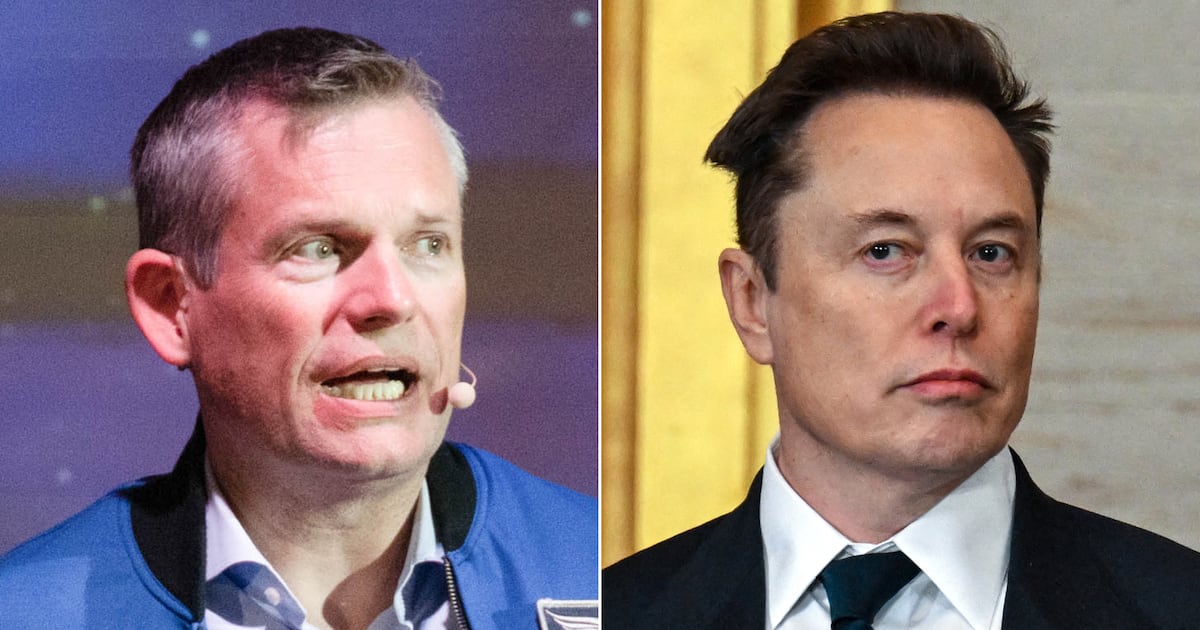Alex Edelman was having a hectic week before an unexpected earthquake briefly knocked out the internet in his New York apartment just before our podcast taping. “I feel crazy every day,” Edelman admits on the eve of his solo show, Just for Us, premiering on HBO. “But also, this is what a comedian wants for his work. I’m very verklempt.”
In this episode of The Last Laugh podcast, the 35-year-old Jewish comic shares the unique challenges of bringing his story about attending a white supremacist meeting in Queens to the stage and screen, including the sudden death of his director just before opening on Broadway, and how performing a show about antisemitism changed after Oct. 7. Edelman also discusses the surreal experience of getting notes from comedy heroes like Steve Martin, Jerry Seinfeld, and Billy Crystal, tells a story about the time he baffled Mel Brooks by calling him “woke” to his face, and teases his next stand-up hour on the Israel-Gaza war.
With Just for Us premiering on HBO this past weekend and a final run of performances in Los Angeles last month, Edelman is finally saying goodbye to the show that has consumed the past six years of his life and career. He tells me he feels both “joyous” that he got to make his professional dream come true and “sad” that it’s coming to an end, especially when he thinks about how it’s the last collaboration he will ever have with director Adam Brace, who died following a stroke three weeks before Just for Us opened on Broadway.
“Adam and I had a really fruitful creative partnership, so that’s a bummer that my last connection to my friend is kind of going to be cut off in this way,” he says. “And at the same, it’s all very cool. Maybe this will make space for something else more exciting and interesting, or maybe not. But what a delight! If just this, dayenu, that would be enough.”
Edelman says he never thought he would do anything that could be “classified in the world of important,” and explains on stage at the top of Just for Us that he mostly specialized in “dumb” jokes before taking on big ideas like antisemitism and assimilation. “I hate the idea of accessing those high-minded concepts in a high-minded way,” he tells me. “I’ve always liked really stupid approaches. That’s what I love about Mel Brooks and Steve Martin, they get at really smart stuff in really dumb ways.”
Now, after using comedy to help elucidate how hate groups are trying to divide us here in America, Edelman is turning his focus overseas as he develops his next hour.
For a show that is so centered on the Jewish experience, the topic of Israel and Palestine is entirely absent from Just for Us. And that’s by design. “I think a show should be conversant with a moment, but also an escape from it,” Edelman says. And when it comes to the current state of the Middle East, the comedian considers himself a “bit of an optimist,” expressing hope that “this insane, destructive cycle of violence” will “eventually become too much for the universe to bear.”
“And so I didn’t want something temporal, that fixed this permanently in a hopeless moment,” he adds, “because it’s hard to see the optimism on the other side of this.”
There is, however, one line that Edelman delivered on stage about Israel during live performances of Just for Us that he decided to cut from the filmed version and perhaps offers a window into how he might discuss the issue in a future show.
“I could lose half of you with one line about Israel right now, and the other half with two,” he told the audience the night I saw him earlier this year during a run at the Berkeley Repertory Theatre, without elaborating further.
It’s a sentiment Edelman says he “stands by” and took on added weight in the wake of Hamas’ attack and Israel’s subsequent assault on Gaza. When Oct. 7 happened, Edelman was just weeks away from kicking off a national tour of Just for Us. He called up one of his producers and asked, “Should I just cancel the rest of the shows? Who can dance in a slaughterhouse?”
“Everyone feels absolutely berserk with grief and pain, and I thought, is this really the right way to go about this?” he remembers thinking. And while there was a “new environment” with more “latent tension” that he had to adjust to on stage, Edelman says, “On the other side of that, there was also much more catharsis and connection with the audience.”
The key challenge of doing a show that takes on Israel-Palestine directly, he adds, will be finding a comedic “tension” that is centered on the “narrative” story he’s trying to tell, as opposed to how uncomfortable the topic makes people feel.
“The audience isn’t tense just because something serious that they feel very strongly about has been invoked, but they are feeling for the characters experiencing a thing that they can relate to,” Edelman says. “So that to me is the craft challenge. That, to me, is the hard work. And hopefully, I can do that. But yeah, it’s really complicated and also it’s going to take a long time.”
Listen to the episode now and follow The Last Laugh on Apple Podcasts, Spotify, Google, or wherever you get your podcasts to be the first to hear new episodes when they are released every Wednesday.








